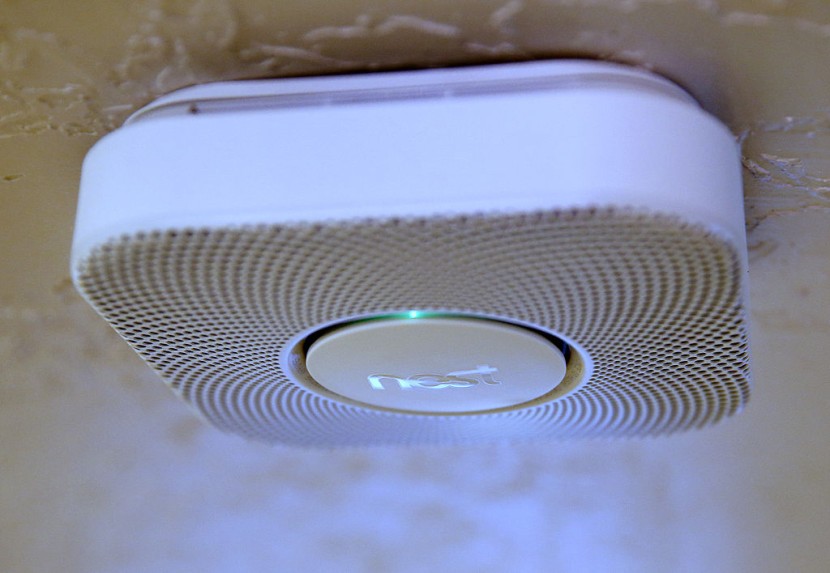The "U.S. Cyber Trust Mark," which was presented by the White House on Tuesday, aims to make it simpler for customers to assess whether a smart home product and its connections fulfill specific cybersecurity requirements established by the National Institute of Standards and Technology.
The new consumer labeling initiative is being contrasted with the "Energy Star" label, which indicates how energy-efficient a product is, according to the Associated Press.
Since 1992, thousands of utilities, state, and local governments, and other organizations have participated in the Energy Star program. According to the program's website, over 90% of American households are aware of the label.
The White House is hopeful that the new shield-shaped label would be adopted similarly by American consumers in light of the growing concern around security flaws in "Internet of Things" (IoT) devices.
Officials Raise Concerns
Officials are concerned that nation-states or hackers may try to use holes in smart home technology to steal personal information or cause havoc with computer systems.

The program's overarching goal is to educate consumers on the security of smart gadgets including thermostats, smart TVs, smart door locks, and baby monitors. The optional initiative provides an incentive for IoT companies to increase device security, but experts warn that the label by itself is insufficient.
Sherman stated that the labeling initiative might encourage more businesses to sign up.
Read also: Chinese Malware Strikes US Cyber Infrastructure in Guam, Microsoft Warns
Major Tech Companies are Joining the Initiative
Major tech companies like Google, Amazon, LG Electronics U.S.A., Samsung, Logitech, and electronics retailer Best Buy are currently participating in the voluntary cybersecurity labeling initiative.
The campaign, which was sparked by unilateral action from the Biden administration in 2021, has reportedly attracted 20 corporations, according to the White House.
The Federal Communications Commission will formally develop rules for the cyber trust mark program, and the White House anticipates that the labels will begin to appear in late 2024.
The new consumer labeling initiative is part of a broader effort by the Biden administration to improve product safety. The administration has also announced plans to increase funding for the CPSC and to create a new Office of Product Safety Strategy within the agency.
Consumer advocates have welcomed the new consumer labeling initiative. They argue that the new labels will help consumers make informed decisions about the products they buy and use. They also argue that the new labels will help to reduce the number of injuries and deaths caused by unsafe products.
The new consumer labeling initiative is a significant step forward in the effort to improve product safety in the United States. The new labels will make it easier for consumers to understand the risks associated with products and to use them safely. This will help to protect consumers and reduce the number of injuries and deaths caused by unsafe products.
Related article: Biden Administration Announces US Cybersecurity Strategy; Here's What You Need To Know
© 2026 HNGN, All rights reserved. Do not reproduce without permission.








